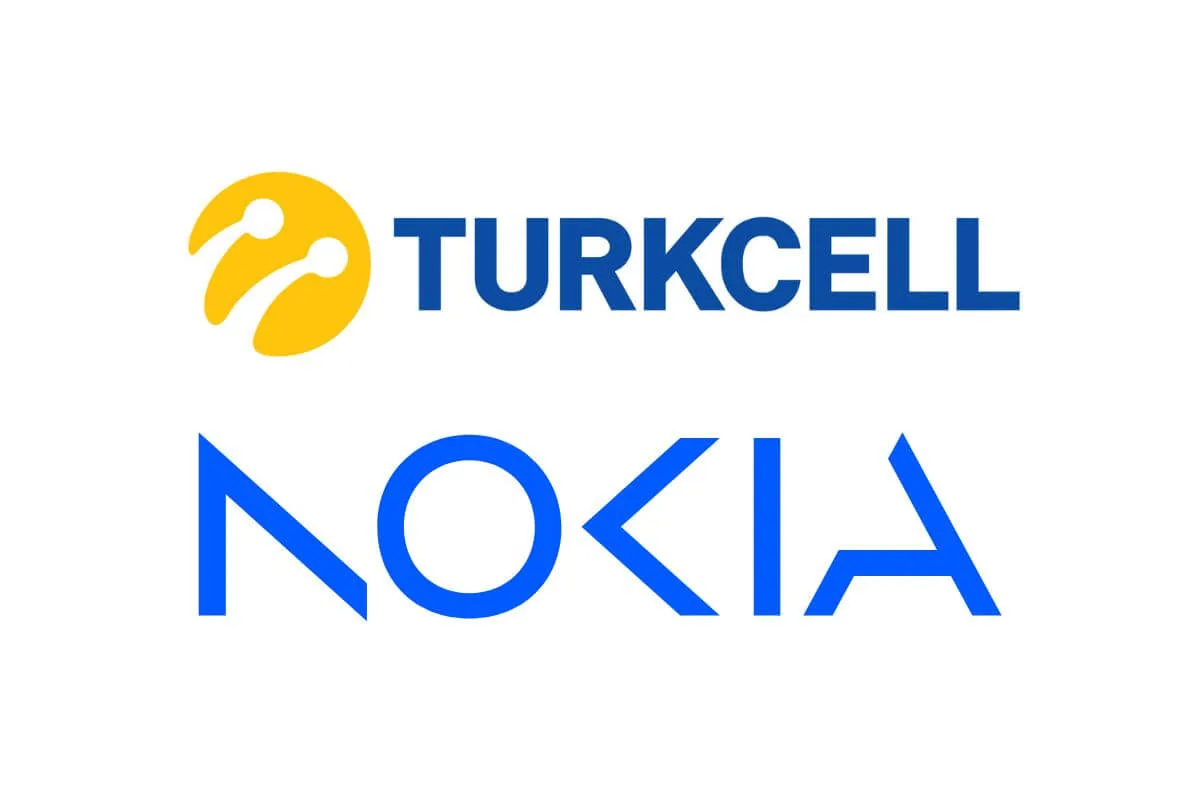
Turkcell and Nokia have demonstrated quantum-safe IPsec network cryptography for mobile subscribers. This achievement enhances mobile network security against the evolving threat of quantum computing, which could render traditional cryptography methods vulnerable. Nokia calls the demonstration a world-first ability, marking a critical step in securing mobile networks against future threats posed by quantum computing.
Also Read: SK Broadband Deploys Quantum Secure Network for KHNP with Nokia
Quantum-Safe Cryptography
As quantum computers advance, conventional cryptographic protections may be compromised, making it essential for networks to evolve. The demonstration was conducted with Nokia's IPsec Security Gateway, which integrated quantum-safe cryptography into Turkcell's mobile transport network, Nokia explained.
Securing Networks for the Future
By implementing advanced cryptography techniques now, both Nokia and Turkcell are ensuring their networks are secure today while also preparing for future advancements in technology.
Also Read: Singtel Launches Southeast Asia’s First Nationwide Quantum-Safe Network
Turkcell Chief Network Technologies Officer said: "As part of our strategy to continually enhance the security of our mobile network, this collaboration with Nokia provides us with the confidence that our transport security can withstand the challenges of the quantum era. By demonstrating these quantum-safe cryptography capabilities today, we are preparing our network for the future."
Senior Vice President of Network Infrastructure Europe at Nokia said: "This initiative is part of our ongoing commitment to safeguard the privacy and integrity of mobile technology. Our solutions provide a proactive defense-in-depth crypto-resilient approach against future network security challenges, ensuring that Turkcell’s network remains secure for years to come."
Also Read: Telefonica Germany Pilots Quantum Technologies with AWS for Secure Mobile Networks
Ensuring Future-Proof Mobile Security
For end users, this means continued confidence in the security of their mobile communications. They can be assured that their data will remain protected not just in the present, but also as the landscape of technology evolves over time, the companies said in a statement on December 20.















